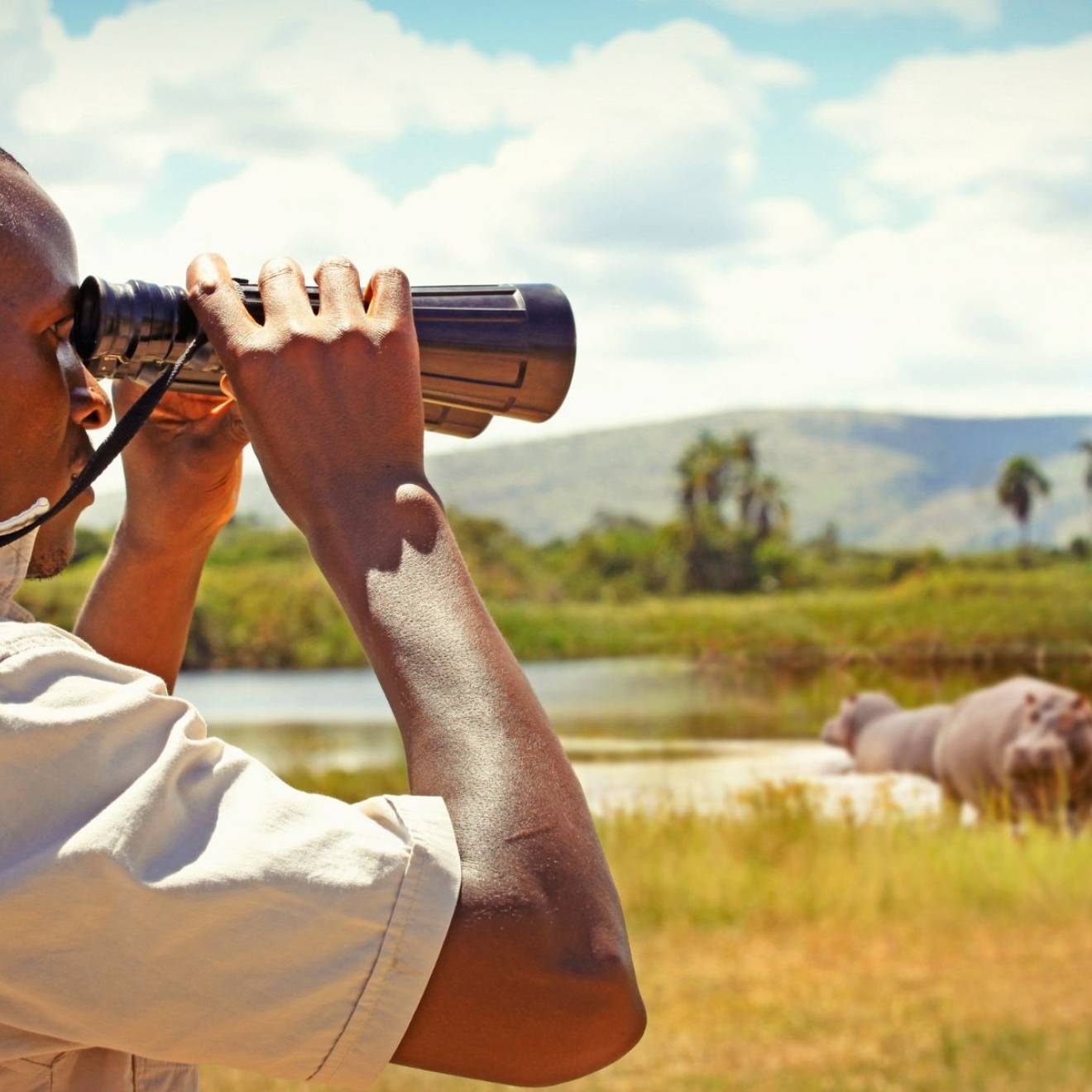Lynn Yarris, Lawrence Berkeley Lab
A project begun some 13 years ago by Jay Keasling, associate laboratory director for biosciences at Berkeley Lab and the CEO of the Joint BioEnergy Institute (JBEI), was culminated with an announcement on Tuesday (Aug. 12) from the partnership of Sanofi, the multinational pharmaceutical company, and PATH, the nonprofit global health organization. Sanofi/PATH announced the shipment of 1.7 million treatments of semi-synthetic artemisinin to malaria-endemic countries in Africa.
Unlike conventional artemisinin, which is derived from the bark of the sweet wormwood plant, this synthetic version of the World Health Organization’s frontline antimalarial drug is derived from yeast. The addition of a microbial-based source of artemisinin to the botanical source provides a stable new option for treating the millions of victims who are stricken with malaria each year, most of them children.
Sanofi has produced enough of the drug for 70 million treatments, and has the capacity to produce up to 150 million treatments annually. It was Keasling and his research group, using the tools of synthetic biology, who engineered the genes and metabolic pathways that enabled first E. coli and later yeast to produce artemisinic acid, the precursor to artemisin. This led to a $42.6 million grant from the Bill and Melinda Gates Foundation for further basic research that ultimately led to the announcement by Sanofi/PATH.
Keasling, who is also the Hubbard Howe Jr. Distinguished Professor in Biochemical Engineering at the University of California, Berkeley, among other titles, has been recognized for leading this ground-breaking research with numerous awards including the Biotechnology Industry Organization’s first Biotech Humanitarian Award.

